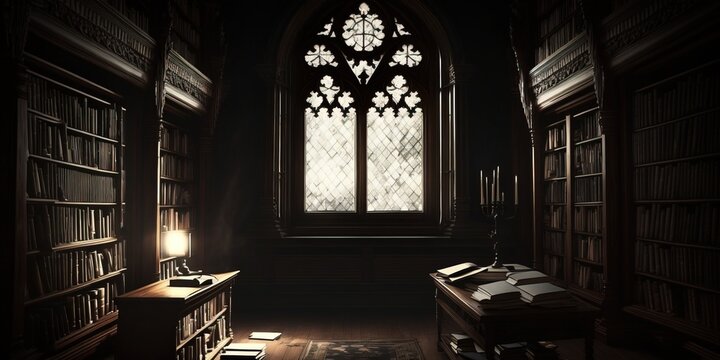
FAQ About Gothic Literature
Gothic Literature
2 years ago | gizem
What is the influence of Gothic Literature on modern gothic music?
Gothic Literature has had a profound influence on modern gothic music, particularly in the development of the goth subculture and the lyrical themes and aesthetics of gothic rock and related music genres. Here are some ways in which Gothic Literature has influenced modern gothic music:
- Lyrics and Themes: Many gothic songs and lyrics draw inspiration directly from Gothic Literature. Themes of darkness, romance, death, the supernatural, and the uncanny are prevalent in both the literature and the music.
- Literary References: Gothic rock bands often incorporate literary references and allusions to classic Gothic novels and poems in their lyrics. For example, songs may reference works like Mary Shelley's "Frankenstein," Edgar Allan Poe's poems and stories, or Bram Stoker's "Dracula."
- Dark Aesthetics: Gothic Literature's dark and mysterious aesthetics have influenced the visual presentation of gothic musicians and fans. This includes clothing styles, makeup, and stage design, which often embrace a dark and romantic look reminiscent of Gothic settings and characters.
- Atmospheric Soundscapes: Gothic music frequently uses atmospheric soundscapes that mirror the eerie and haunting settings found in Gothic novels. This includes the use of reverb, echo, and synthesizers to create a sense of otherworldly atmosphere.
- Melancholic Melodies: Gothic music often features melancholic and introspective melodies that evoke the emotional depth and psychological themes commonly found in Gothic Literature.
- Exploration of Emotions: Both Gothic Literature and gothic music explore complex and intense emotions, such as longing, despair, alienation, and romanticism. These emotional themes resonate with fans of both art forms.
- Romanticism: The Romantic movement, which was a precursor to Gothic Literature, also influences gothic music. Romanticism's emphasis on emotion, individualism, and the sublime aligns with the lyrical and emotional themes of gothic music.
- Counter-Cultural Identity: Much like the Gothic Literature movement challenged societal norms of its time, the gothic music subculture has often embraced an alternative and counter-cultural identity that opposes mainstream expectations and values.
- Theatrical Performances: Gothic music performances often have a theatrical and dramatic quality, echoing the dramatic elements and characters of Gothic novels. This theatricality adds depth to live shows and music videos.
- Subcultural Community: The sense of community and identity among fans of gothic music mirrors the community of readers and writers that formed around Gothic Literature. Both subcultures create spaces for like-minded individuals to connect and explore shared interests.
- Influence on Subgenres: Gothic music has influenced subgenres such as darkwave, post-punk, and industrial, which continue to incorporate themes and aesthetics inspired by Gothic Literature.
